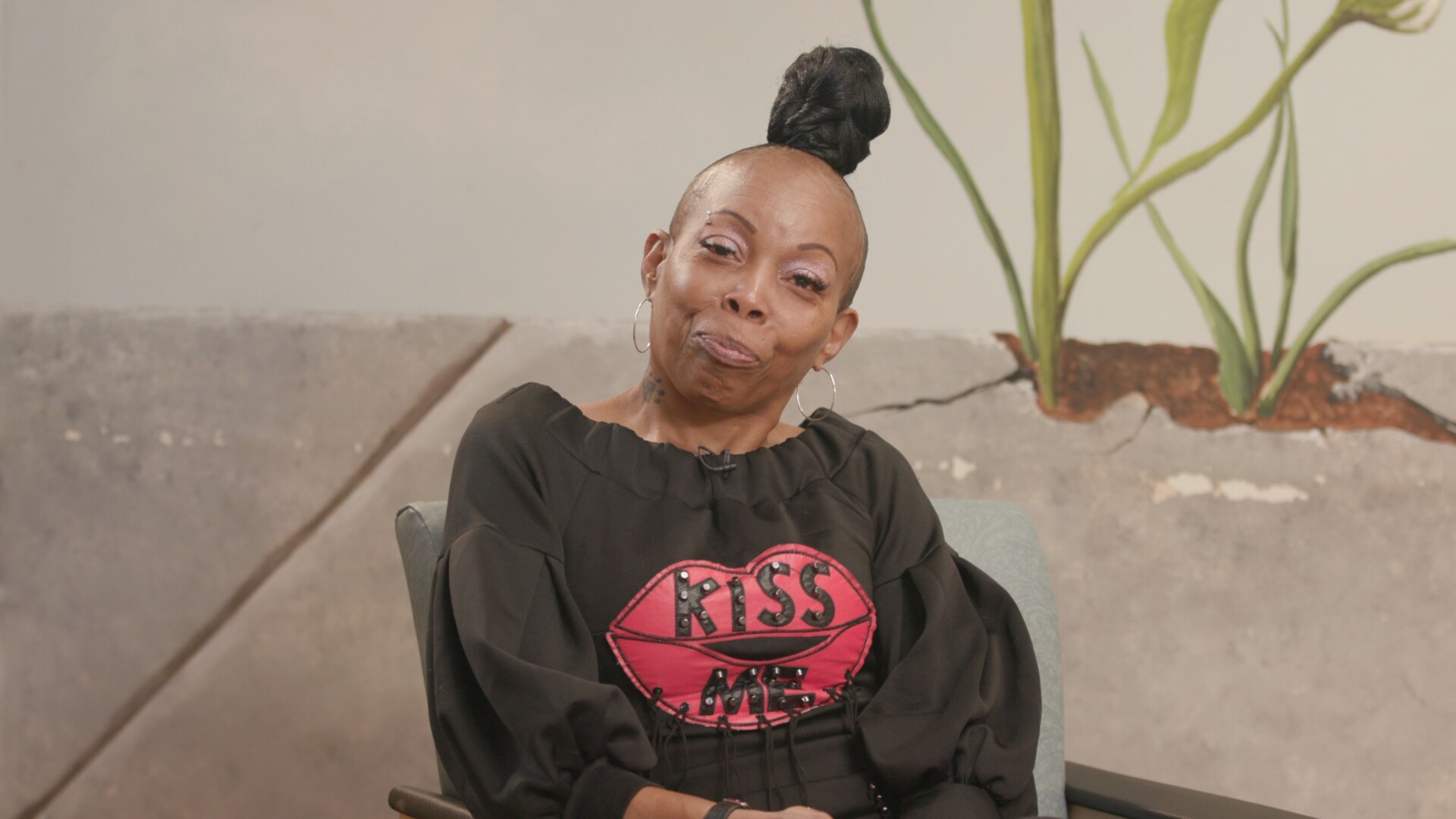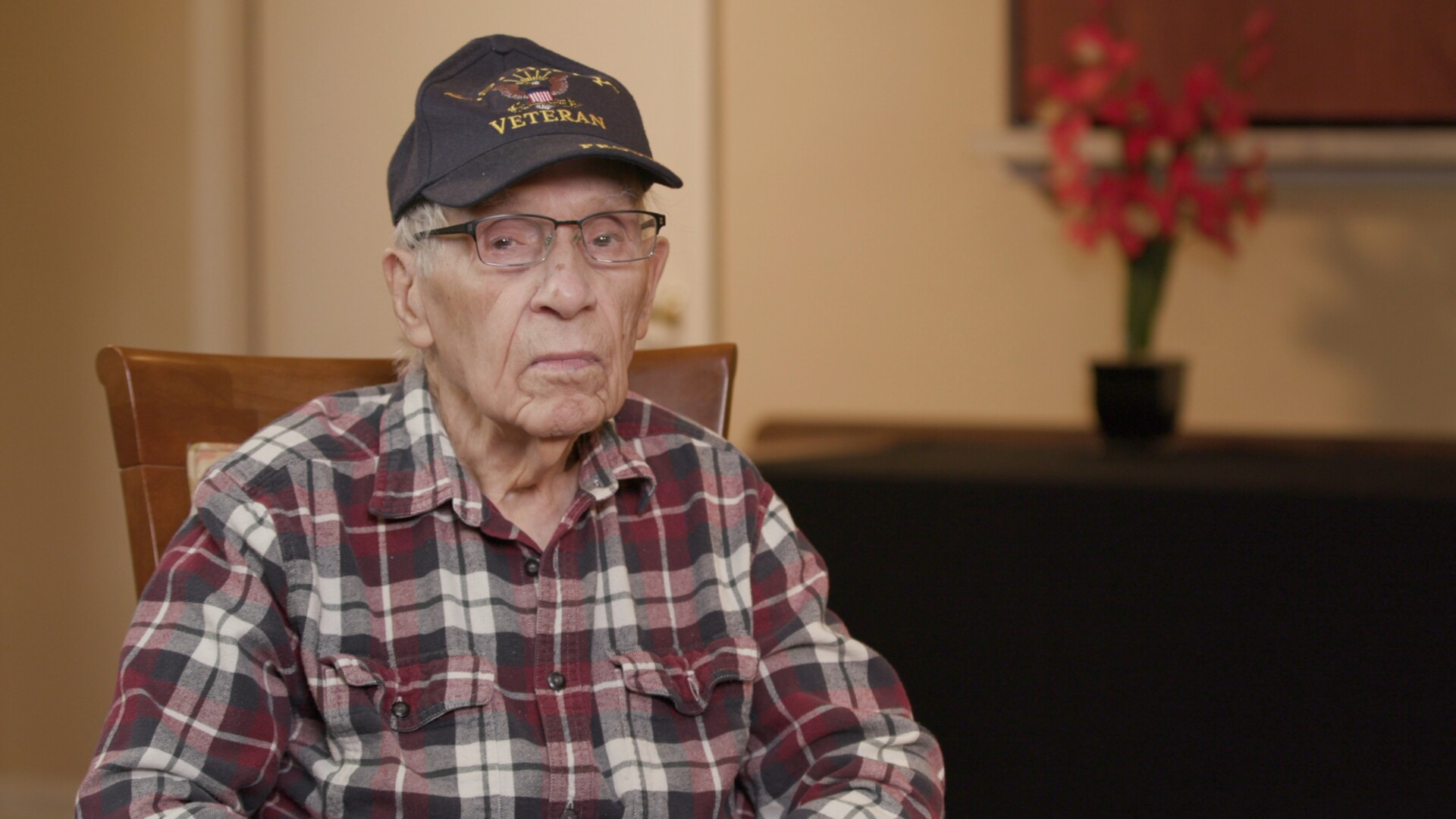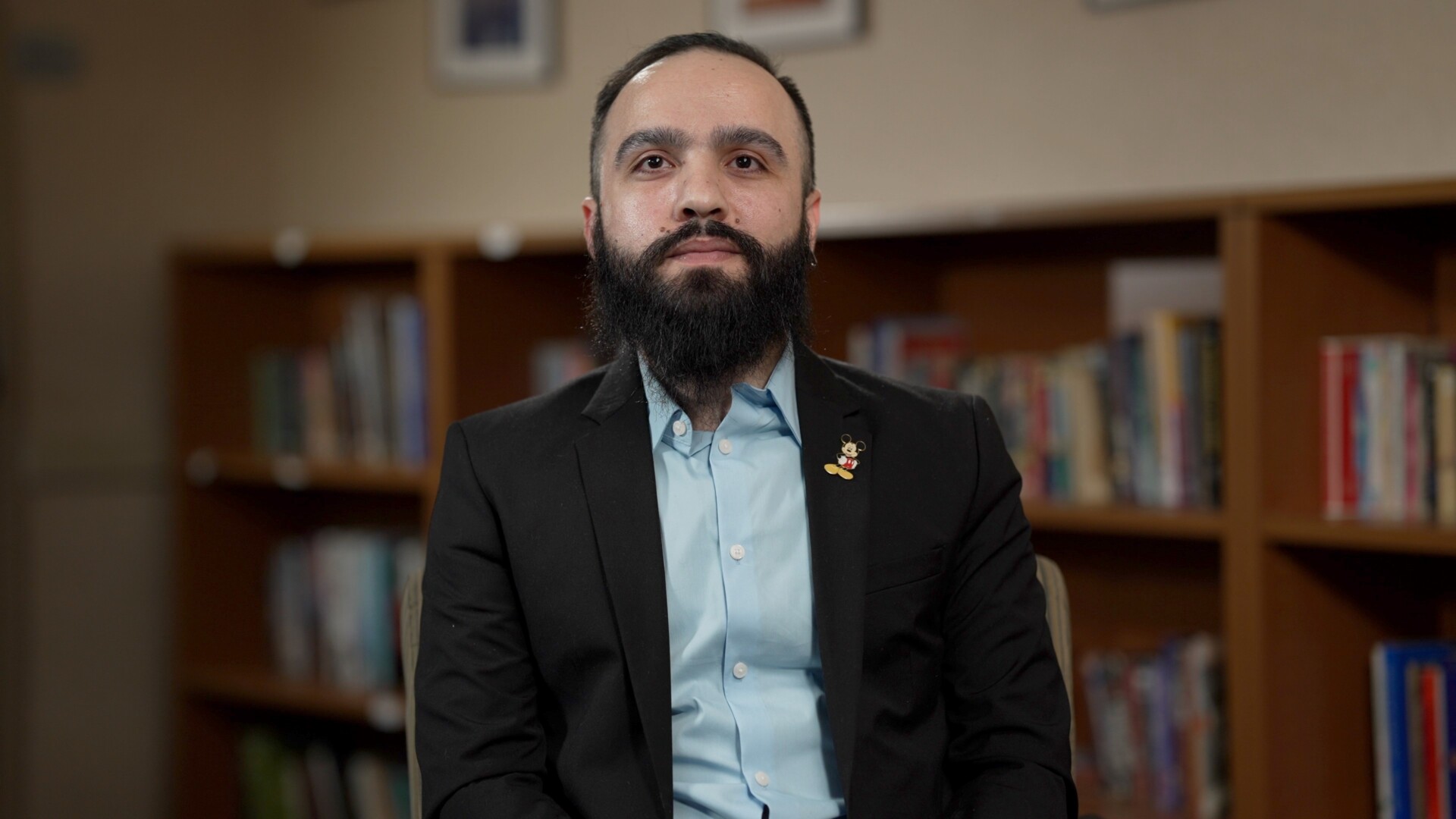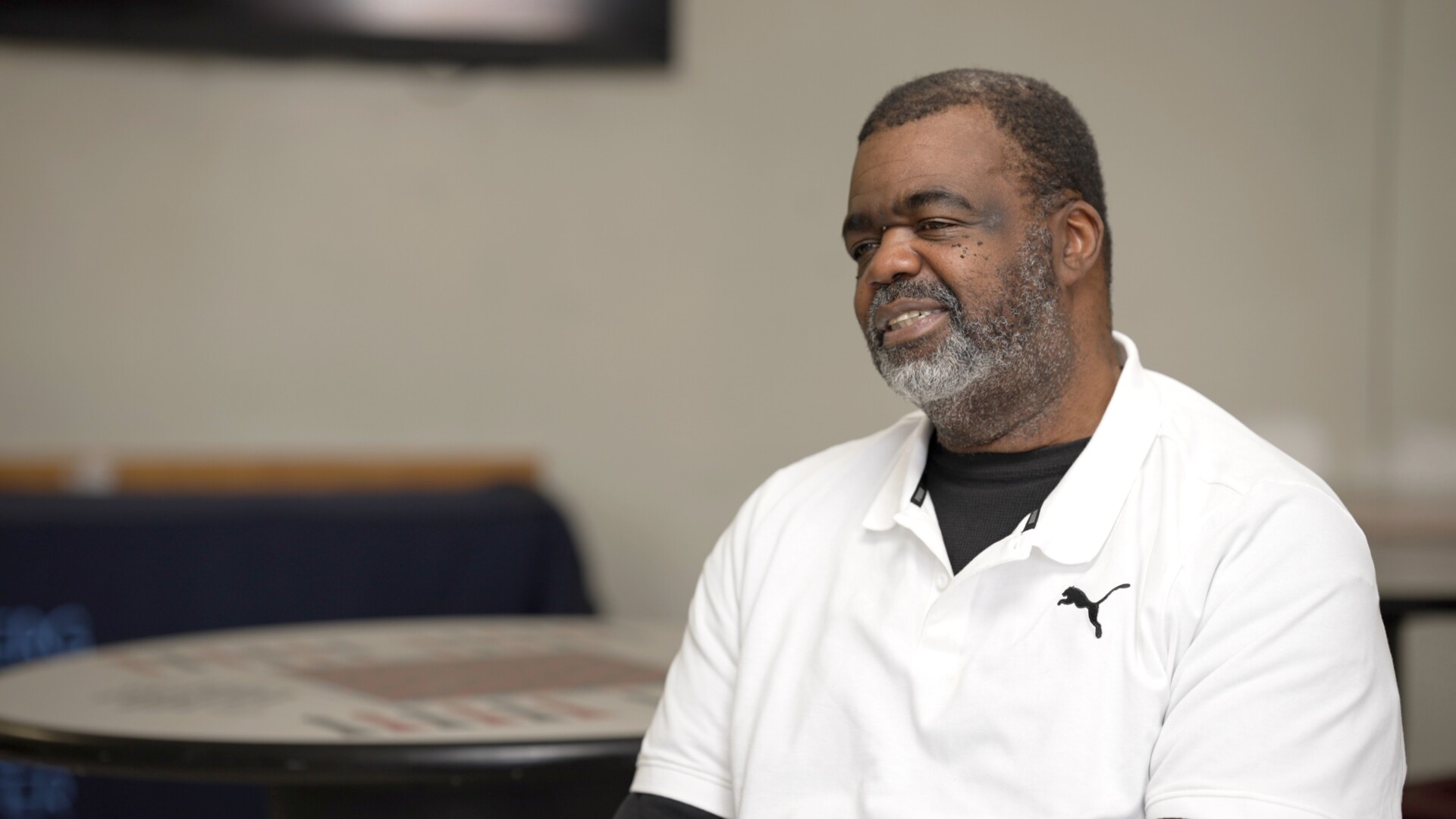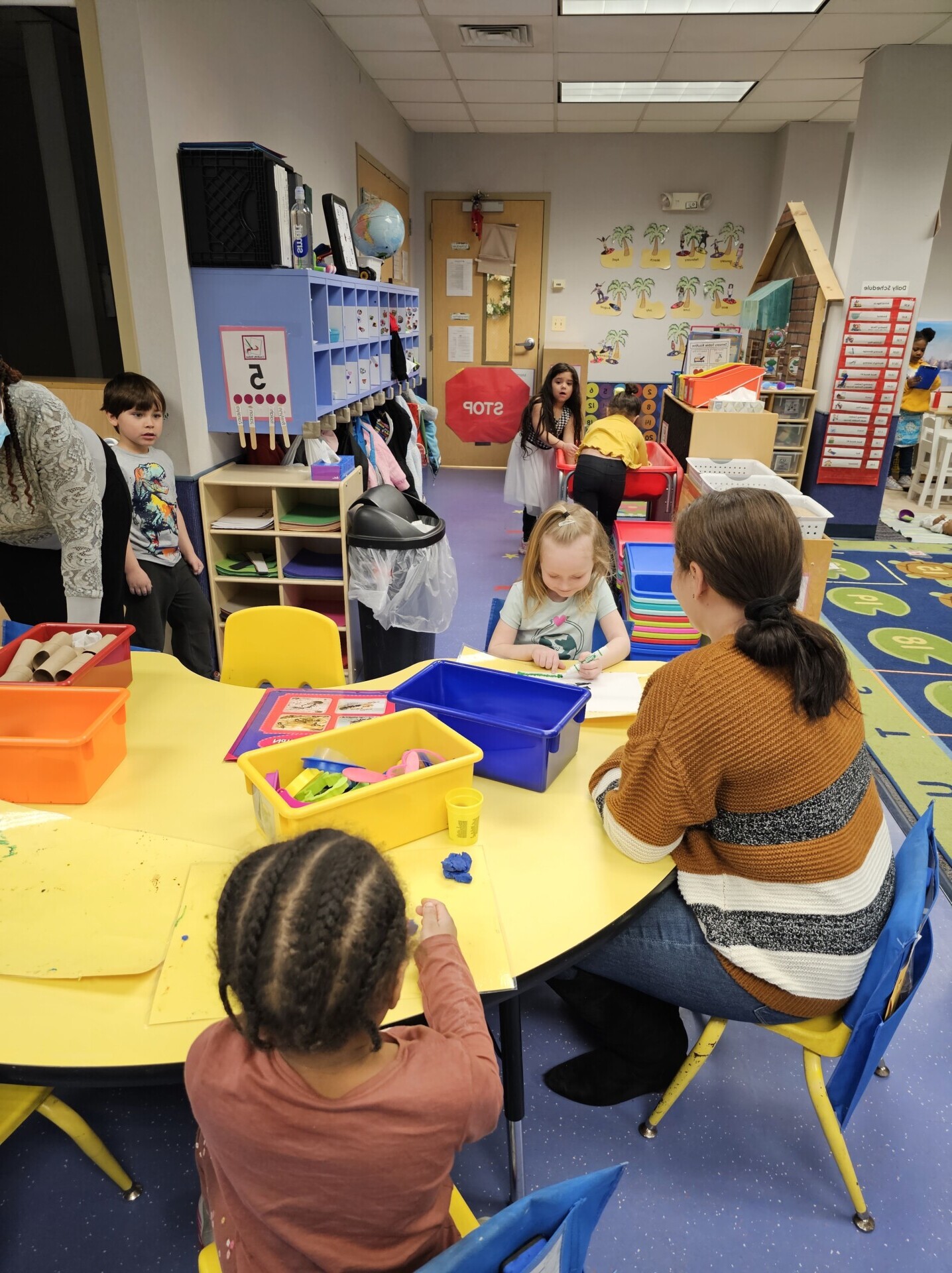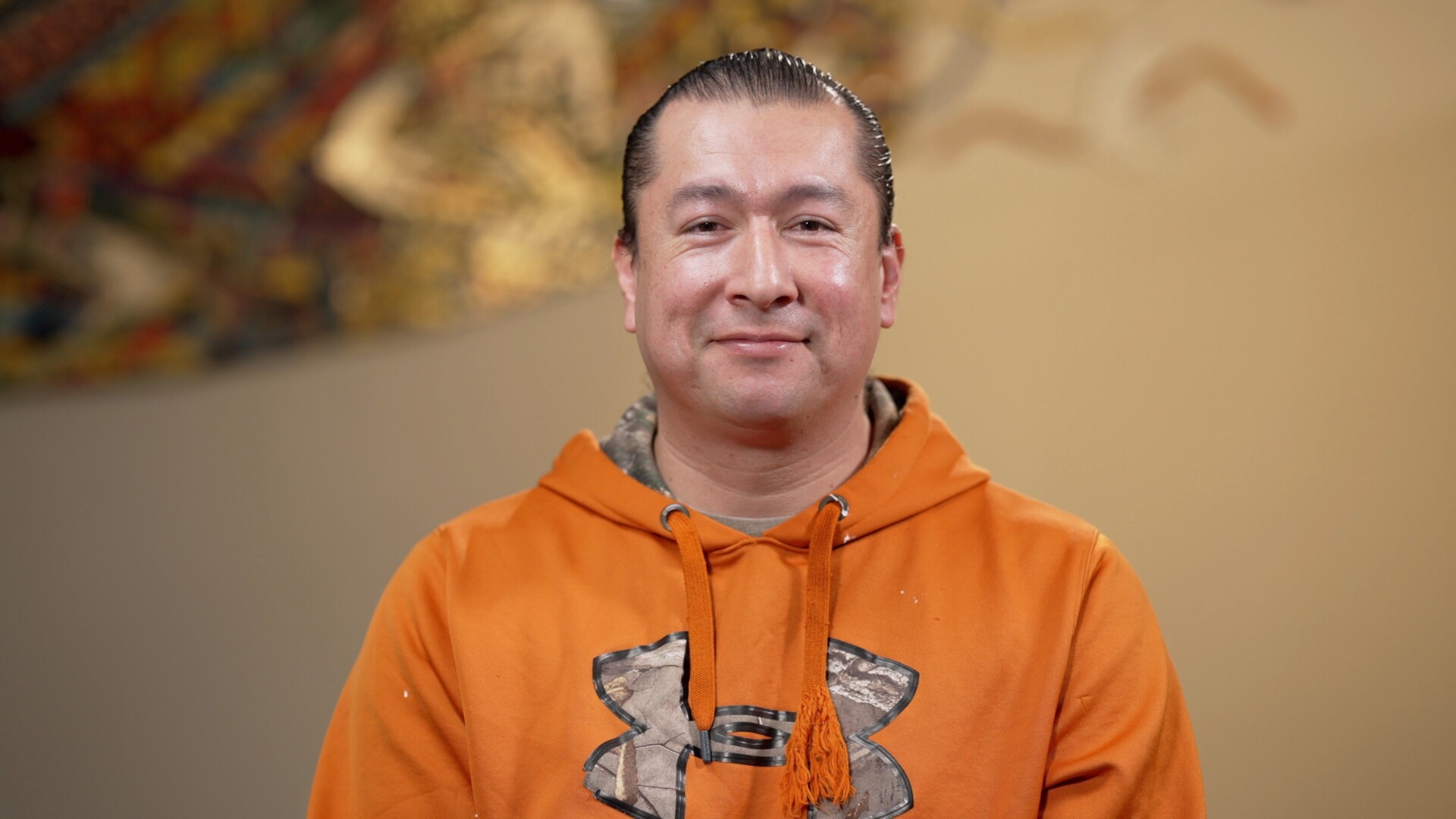The browser you are using is not supported. Please consider using a modern browser.

 100 years
Reflecting on a Century of Changing Lives
100 years
Reflecting on a Century of Changing Lives

There’s something greater in us all. At Catholic Charities, we are taking time to reflect on the past 100 years of doing more, together and honoring the community members that contributed toward making meaningful change.
This 100th anniversary also presents an opportunity to ask ourselves—how can we do more? We look ahead to the next 100 years of continuing our work to help the community live up to its full potential.
Reflecting Back on a Century
100 year timeline presenting major moments in Catholic Charities’ history
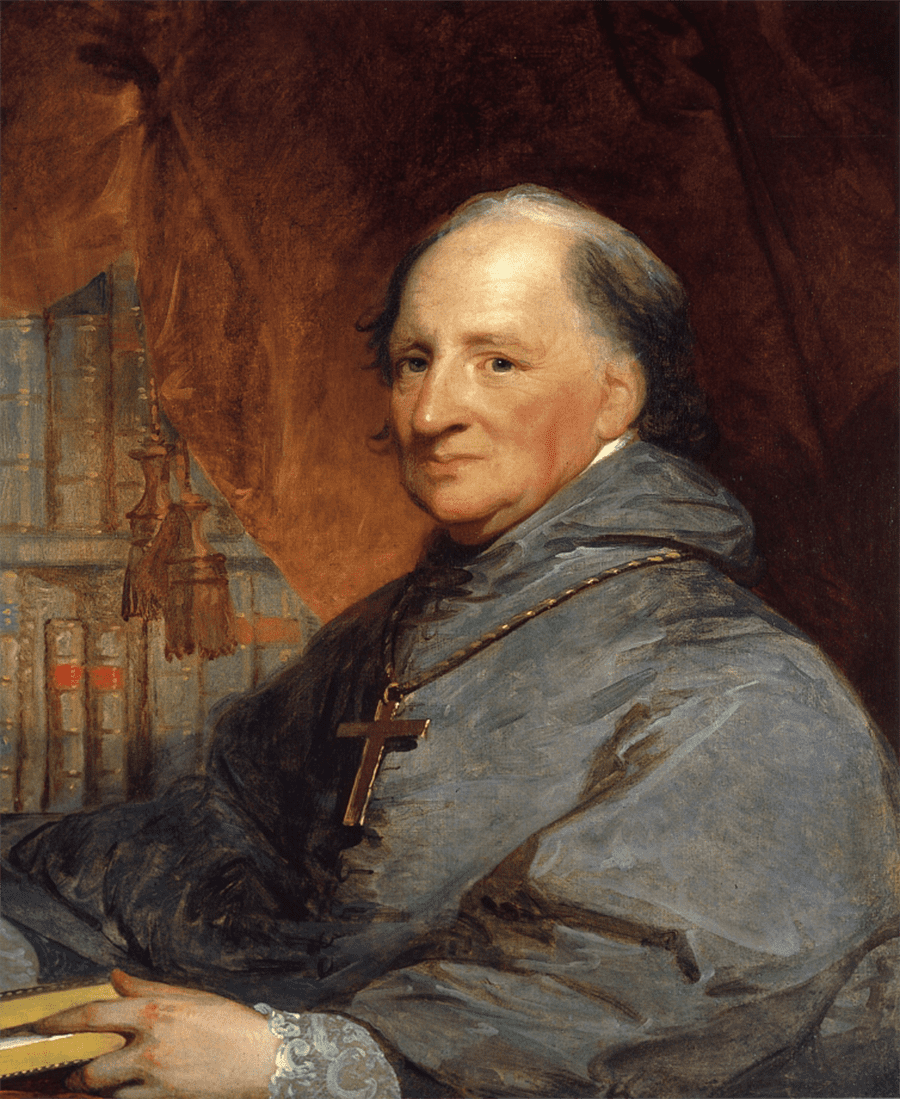
Early Beginnings
In 1792, Bishop John Carroll directed parish revenue to be divided into 3 equal parts—1/3 for care of pastors, 1/3 for upkeep of the church and 1/3 for the relief of the poor. This was the symbolic beginning of Catholic Charities.
1923
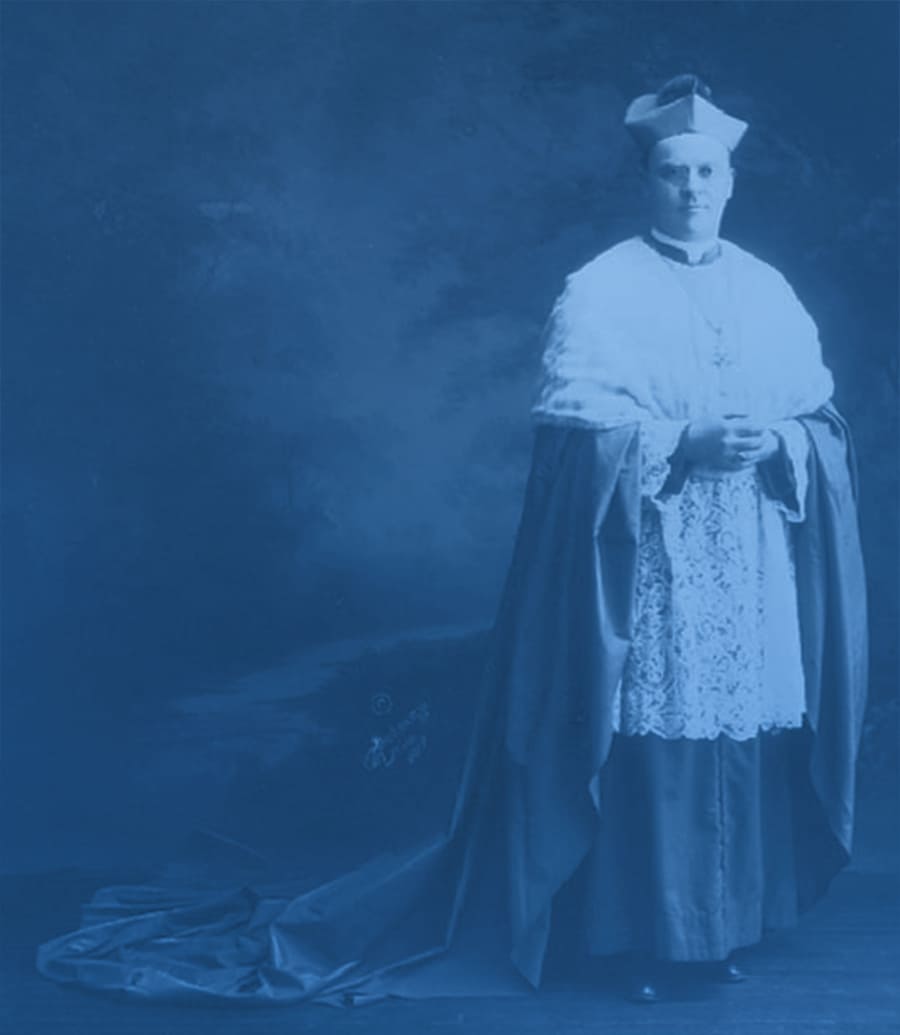
The Bureau of Catholic Charities was created, founded by Archbishop Michael Joseph Curley. The agency was incorporated by organizing the 12 previously separate Catholic services throughout the Archdiocese under a common mission.

1938

Catholic Charities of the Archdiocese of Baltimore was officially incorporated under the laws of the State of Maryland, with the objective of promoting the organized effort for the prevention of poverty and the spread of disease in the State of Maryland.

1948
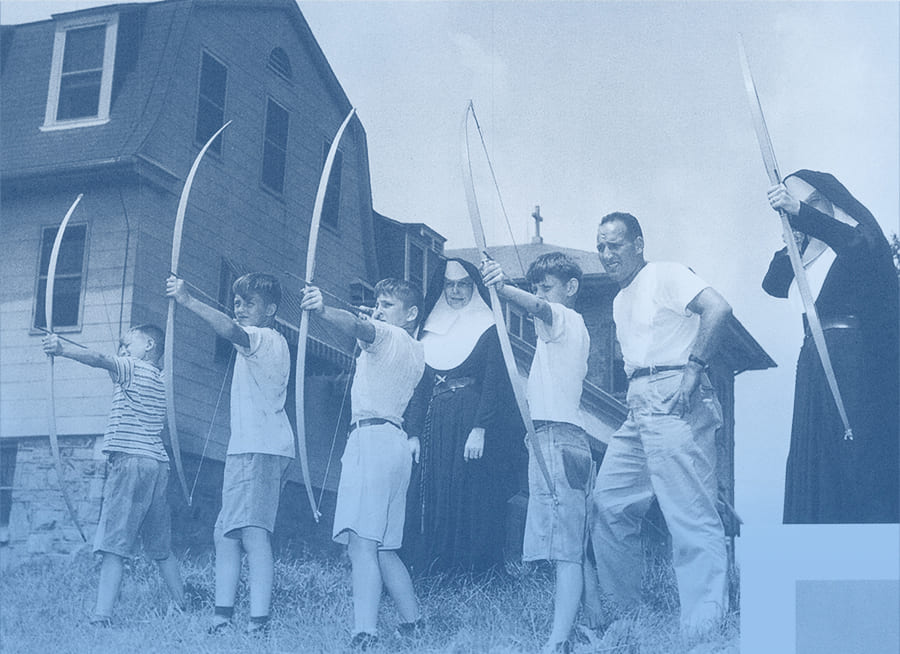
Catholic Charities began considering land outside of Baltimore City for programming. One year later, Villa St. Maria—now known as St. Vincent’s Villa and Villa Maria School—opened in Timonium.

1950
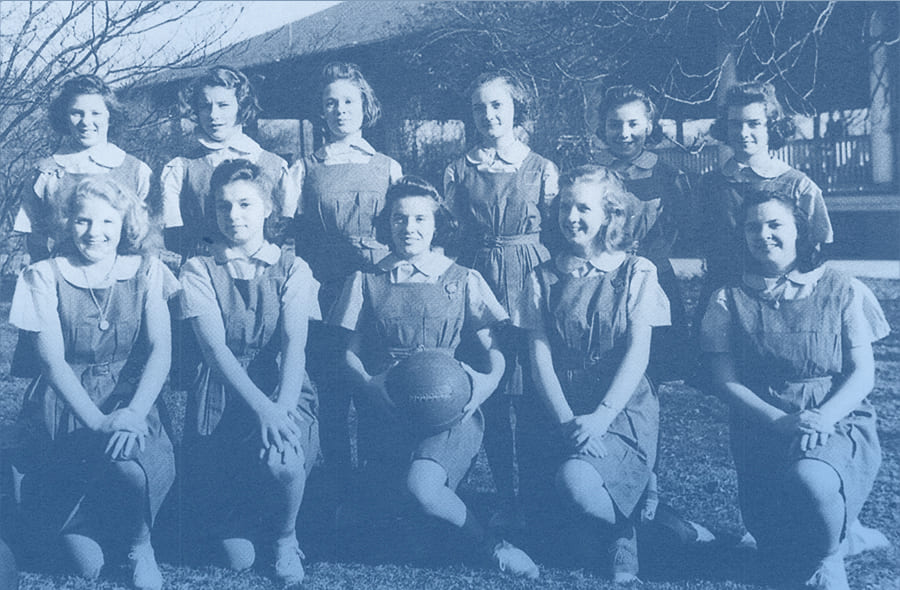
On January 3, the following institutions were merged into Catholic Charities, Inc., which has become the successor corporation of these institutions: The Catholic Charities of the Archdiocese of Baltimore, Inc., St. Anthony’s Orphan Asylum of Baltimore, St. Mary’s Female Orphan Asylum of Baltimore, St. Vincent’s Infant Home of the City of Baltimore, St. James Home for Boys of the City of Baltimore, St. Mary’s Industrial School for Boys of the City of Baltimore.

1963
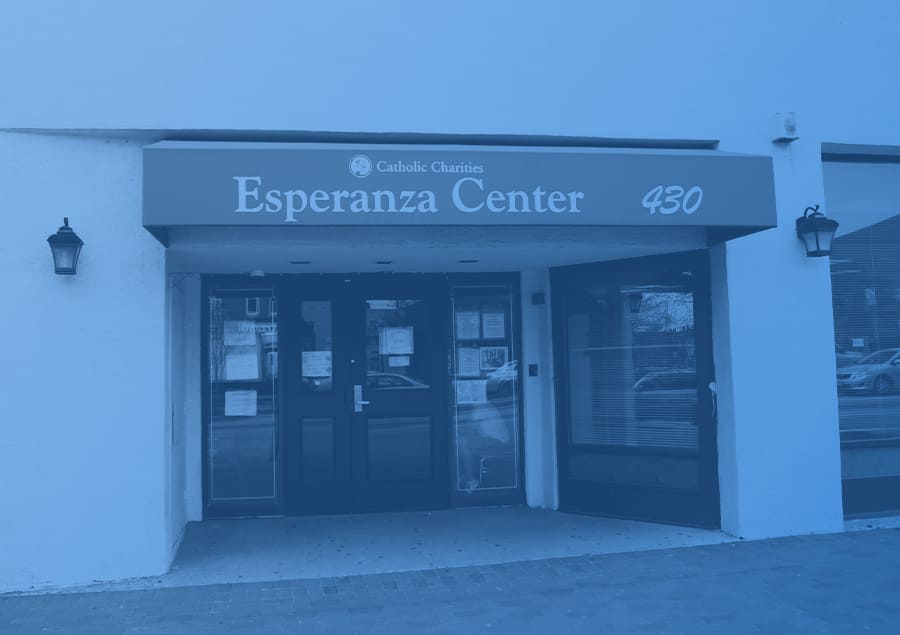
The Hispanic Apostolate, with programming that later grew to become the Esperanza Center, opened to serve the needs of Spanish-speaking neighbors in Baltimore.

1977
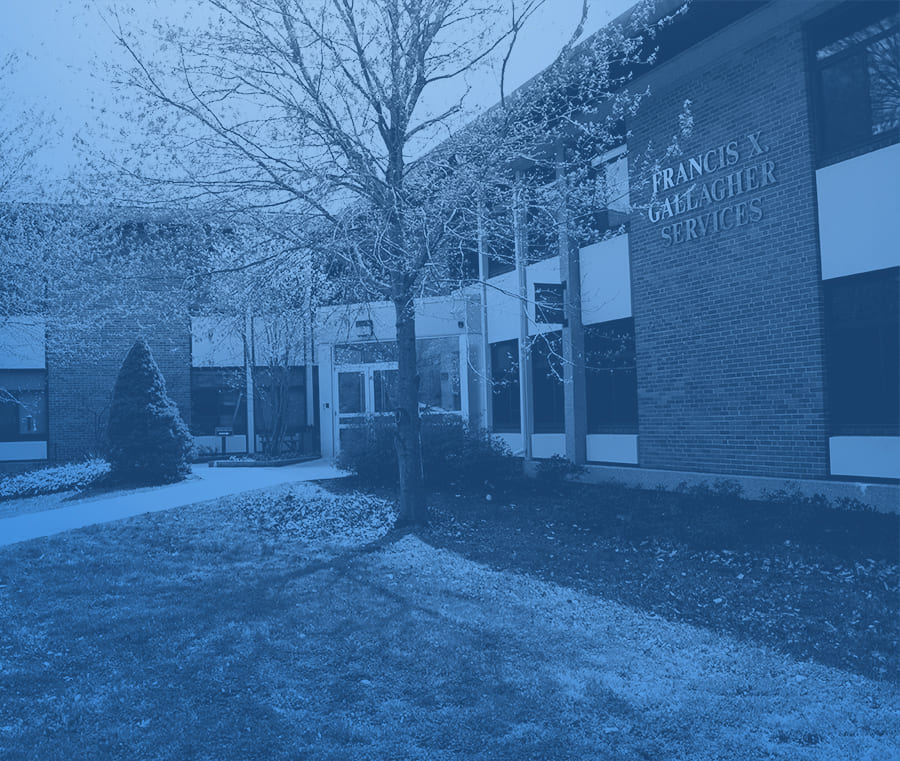
The Gallagher Center opened in Timonium to provide support for individuals with developmental/ intellectual disability.

1981
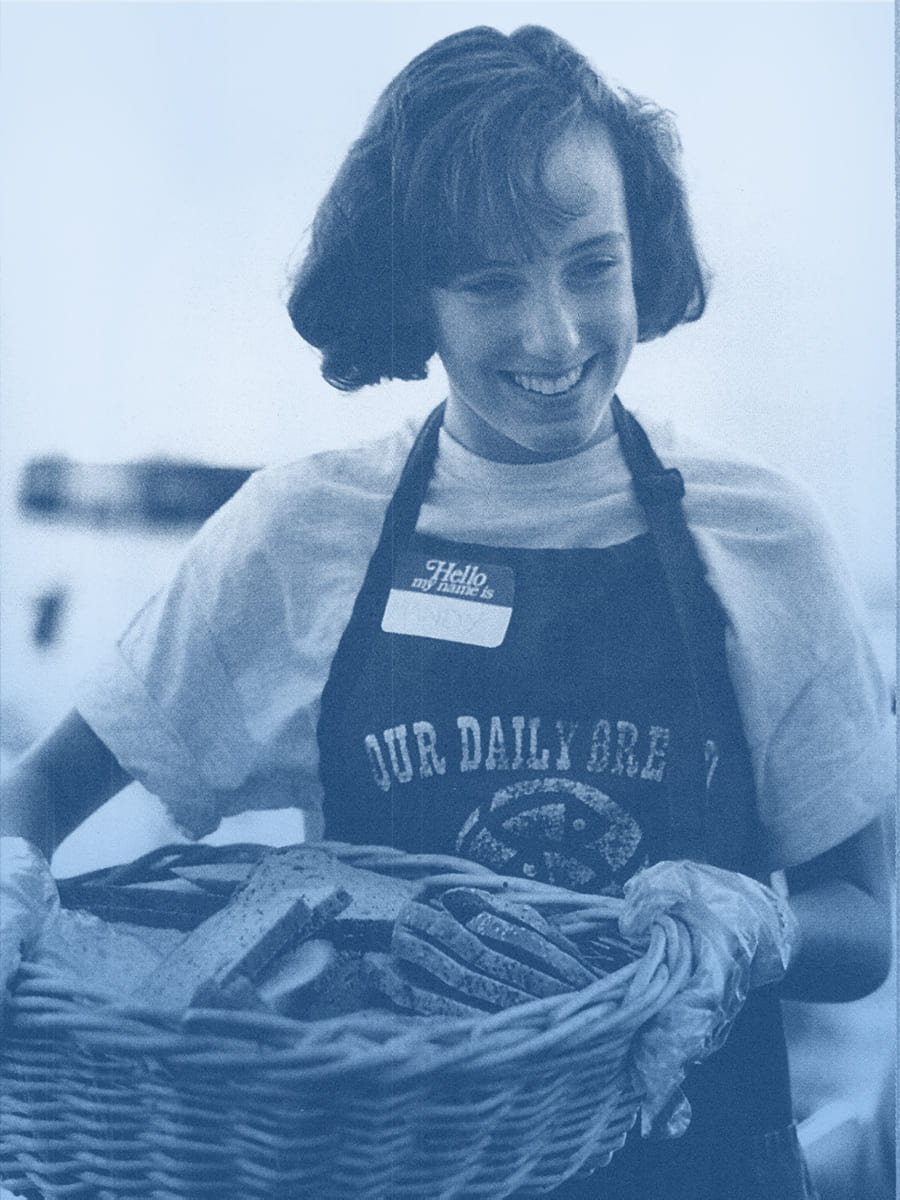
Our Daily Bread officially opened and began serving meals each day and programming serving neighbors who need housing or food is established. These programs would grow to become My Sister’s Place Women’s Center in Baltimore, Sarah’s House in Anne Arundel County, Anna’s House in Harford County and others.

1992
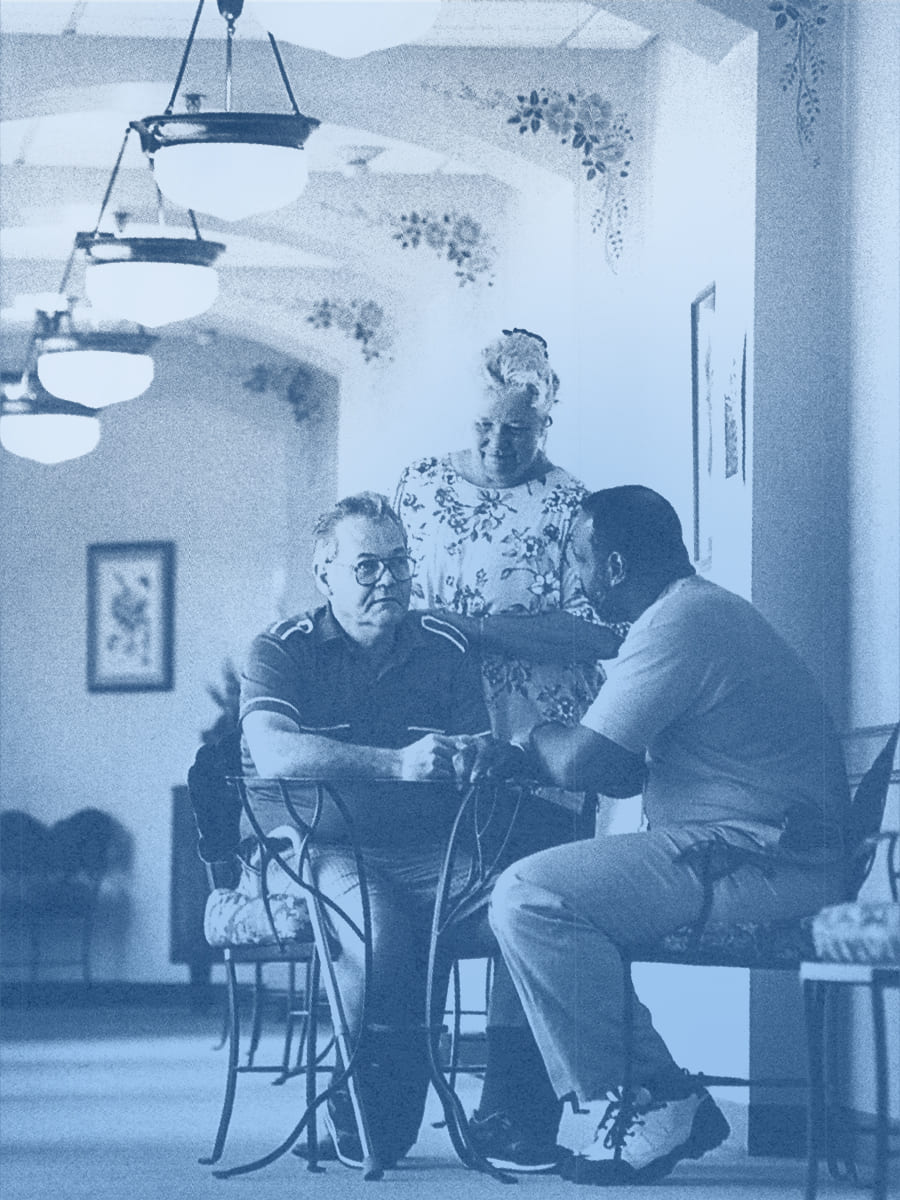
St. Elizabeth’s Home for Nursing Care opens on the Jenkins Campus in Baltimore. Eventually, St. Elizabeth’s became a 162-bed nursing facility that provides high-quality long- and short-term nursing and rehabilitative care to its residents. Many other Catholic Charities senior care and senior communities open in the 90s.

2000
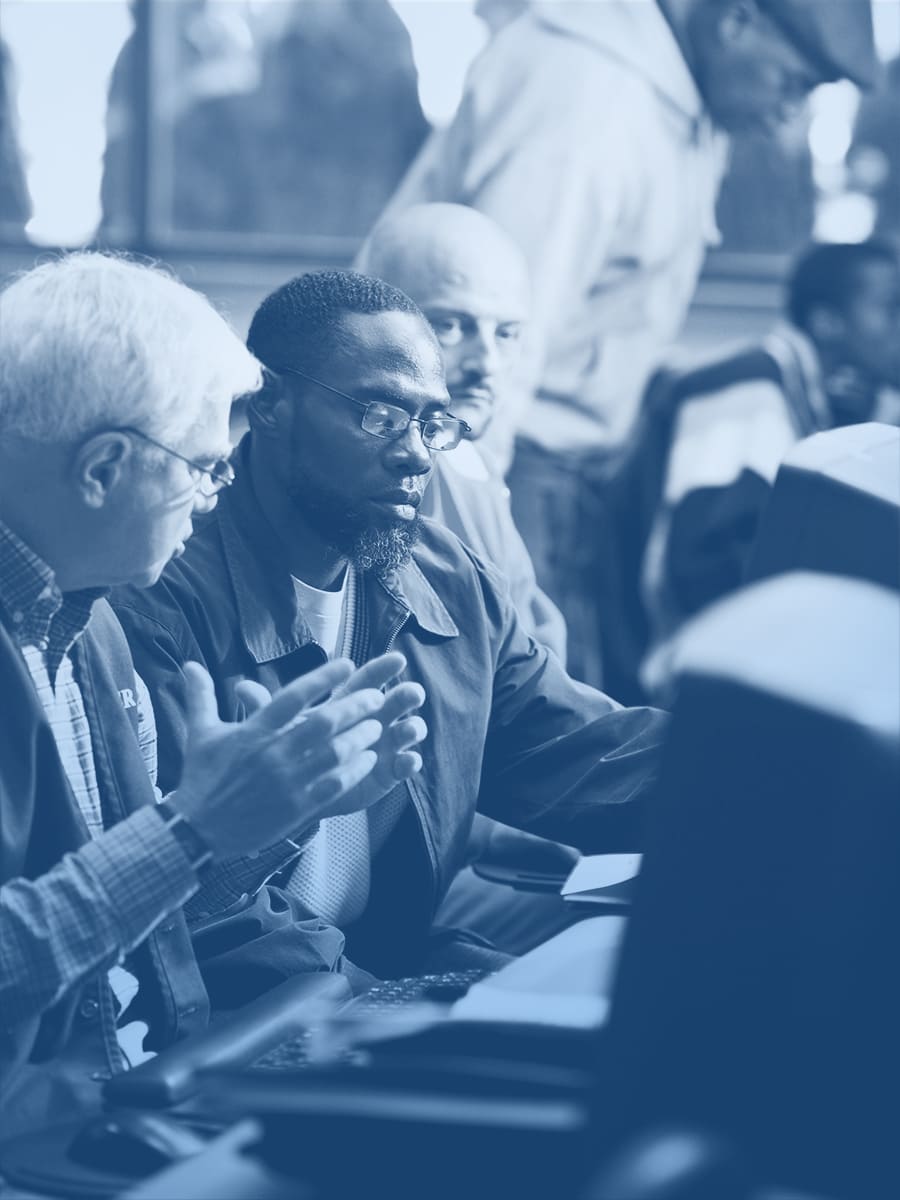
The Cybercenter, now closed, became the first official Catholic Charities program to offer employment services. This grew to become a network of job training and placement services now operating across the organization.

2015
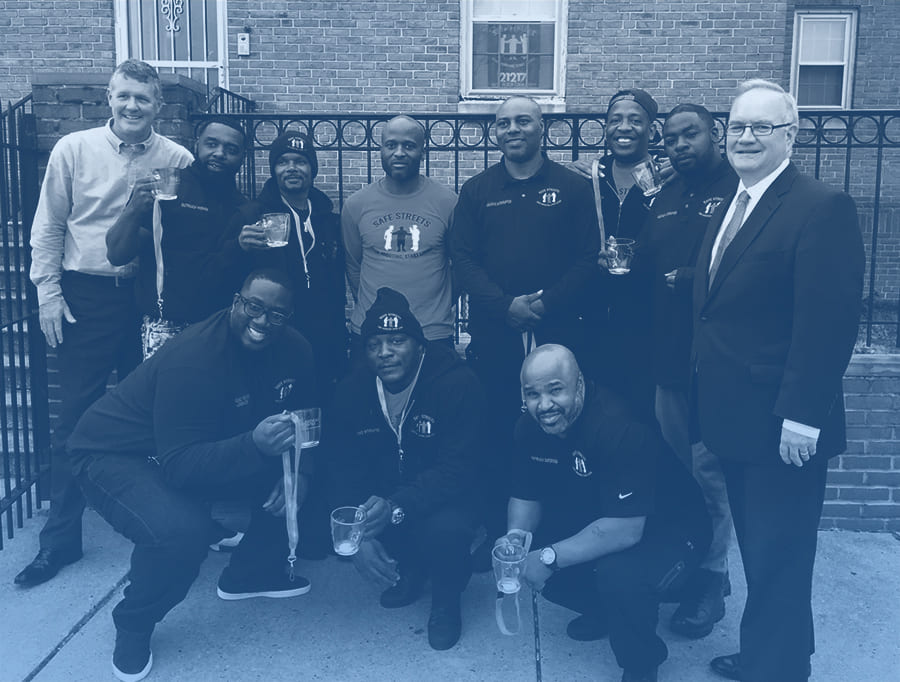
In the devastating aftermath of the death of Baltimore resident Freddie Gray at the hands of police, Catholic Charities began considering a community-based approach to violence interruption that led to the opening of two Safe Streets sites. That same year, rooted in trauma-informed care, Catholic Charities began its behavioral health services in schools and clinics.

2020

As the COVID-19 pandemic took hold of the communities Catholic Charities served, programs pivoted to enable safe accompaniment with minimal service interruption and gave rise to new programming aimed at filling a significant need in the workforce while creating a career path for neighbors interested in nursing by training them as certified or geriatric nursing assistants.

Special Events
See All Events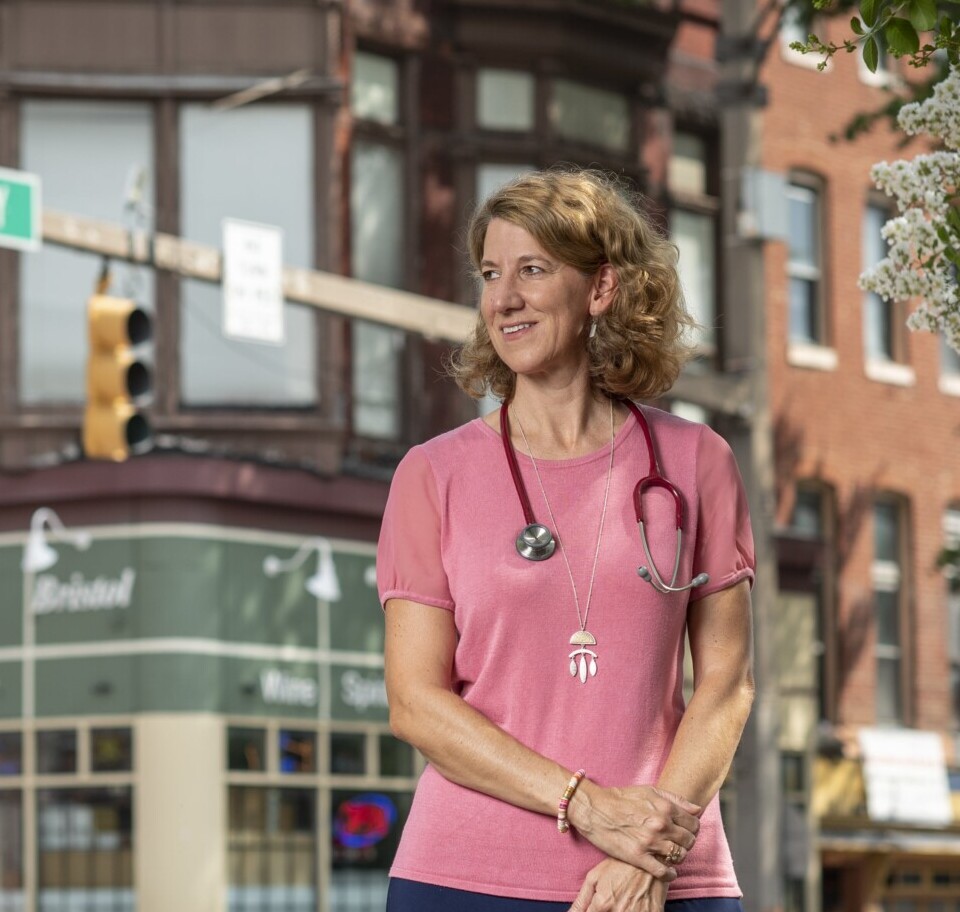
Get Involved
-
Volunteer
Explore dozens of ways to get involved. Whether it’s face-to-face or virtually, you can give your time to others. We need your help!
-
Advocacy
We aim to work for justice through our statewide advocacy efforts, ensuring the dignity of all people across the state is valued through legislation.
-
Donate
We rely on the gifts of our generous donors. Please consider donating to support our mission.
